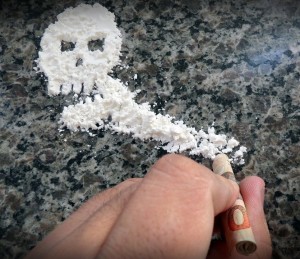
Avoiding relapse is the number one concern for rehabilitated addicts after they go through the painful process of detoxing and the emotional turmoil of interventions and therapy. The reality is that relapse is a common occurrence, especially for people that have recently completed treatment. The important thing to remember is not to become discouraged or give into despair; it just gets easier over time. Rehabilitation is a slow process but worth the time and effort to get your life back on track and learn techniques for avoiding relapse.
5 Tips for Preventing Relapse
First and foremost, living a stress-free lifestyle is the most important rule for avoiding relapse. Below is a list of tips to reduce stress.
- Being able to identify risky situations is a great way to prevent relapse. This can be anything from avoiding an old group of friends who are still abusing the substance to declining offers to attend parties where you know substance abuse is likely to occur. Knowing your triggers and avoiding relapse will go a long way to reducing stress and fears of future relapse.
- You can also relieve stress by changing the way you deal with emotions. When you ignore problems or bottle your stress, it can lead to complete breakdowns, later on, that ultimately follow with relapsing to make the pain go away. It’s best to handle one thing at a time instead.
- Creating a group of friends and family you can rely on to support you in avoiding relapse is another great way to relieve stress and anxieties. This will serve as your main relapse prevention method and give you someone thing to fall back on, even in dire situations.
- Staying healthy helps in avoiding relapse as well. Studies have shown that exercise leads to a variety of different benefits, including reducing blood pressure and stress levels. Taking care of your body is a cheap and effective way for preventing relapse.
- Occupying your time with something positive, creative, or healthy is another great tool to have. Often, recovering addicts will rely on drugs when they have nothing else to turn to. In addition to having your support group, immersing yourself in exercise, hobbies, or work is a great way to use your spare time without relapsing. Most urges only last 15-30 minutes, so having something to do for at least half an hour will drastically improve your chances of avoiding relapse.
